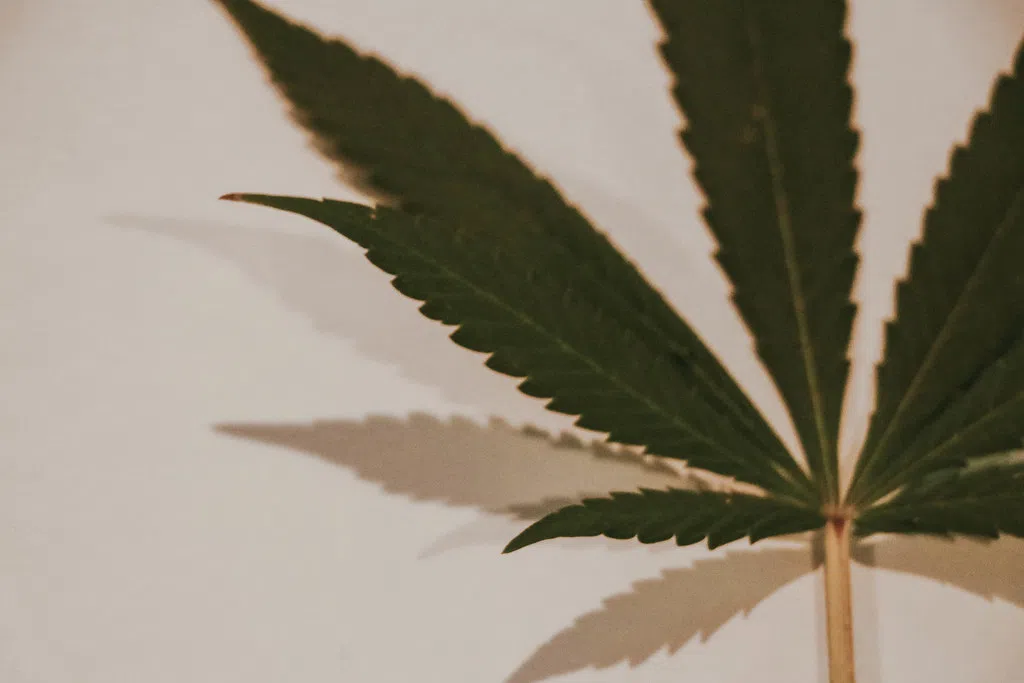PIERRE, S.D. (KELO.com) — Attorney General Jason Ravnsborg has changed his position issued earlier this week on whether South Dakota residents can legally buy medical marijuana from tribal dispensaries with a tribal card.
Ravnsborg now says he agrees with Gov. Kristi Noem and the S.D Highway Patrol that state non-tribal residents cannot legally buy medical cannabis with a tribal card, even if it required a physician’s sign off.
Friday, Ravnsborg issued a news release that said the only South Dakota has jurisdiction over non-tribal members under Initiated Measure 26.
See the AG’s news release below.
—–
PIERRE, S.D. – Contrary to current media reports, the Attorney General’s Office agrees with the South Dakota Highway Patrol’s Framework for Implementation of Initiated Measure 26.
The Highway Patrol Framework sets out in part that Highway Patrol officers, when interacting with a South Dakota resident in possession of no more than three ounces of natural and unaltered marijuana, will not arrest that resident if he or she is an enrolled tribal member with an unexpired medical cannabis card issued by the resident’s tribe. For non-tribal members, the Framework provides for a process to determine legitimate medical cannabis cases and refers other instances of concern to the local State’s Attorney. The Attorney General supports the Framework’s approach to ensuring enforcement of all state drug laws while recognizing that ultimately charging decisions will be left to the local State’s Attorney.
On the issue of law enforcement recognizing tribally issued cards for South Dakota residents who are not enrolled tribal members, the Highway Patrol Framework provides an approach that is consistent with IM 26’s requirements and recognizes the important issues of tribal and state sovereignty. That a tribe is a separate sovereign entitled to issue medical cannabis cards to tribal members is not disputed and is reflected in the Framework. However, the Framework also addresses a very important and separate issue – South Dakota’s jurisdiction over its residents who are not enrolled tribal members. Regardless of its decision concerning marijuana access within its own jurisdiction, a tribal government cannot dictate to a separate sovereign – the State of South Dakota – how the state’s laws apply to its own residents who are not enrolled members of a tribe when they are off reservation land and therefore wholly within the jurisdiction of the State of South Dakota.
A tribe’s medical cannabis card issued to a South Dakota resident who is not an enrolled tribal member is therefore not a substitute for the written doctor’s certification that a resident must produce under the Framework or in the future to receive a medical cannabis card from the Department of Health. In addition, for the written doctor’s certification to be valid, it must be received as part of a bona fide practitioner-patient relationship by a doctor licensed to practice medicine in the State of South Dakota.





